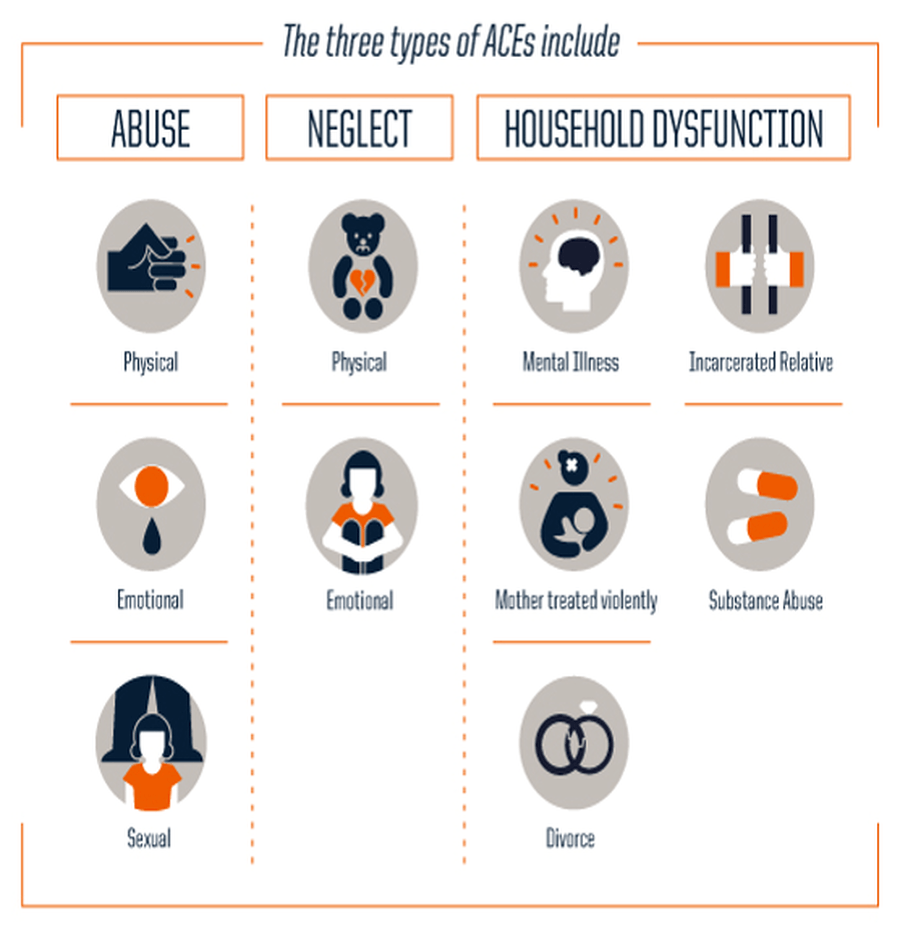Policies
Many of our Policies are created centrally by St John the Baptist Multi-Academy Trust. Our Governors and Executive Headteacher agree our more school specific policies. Our policies are reviewed on a regular basis and take into account new government advice and guidelines. Below are links to some which parents might be particularly interested in. To view the policies set by St John the Baptist MAT, click here.
Safeguarding and Prevent Duty
Preventing Radicalisation in school
Building resilience in our young people and the promotion of fundamental British values is at the heart of preventing radicalisation. We do this by providing a safe place in which children can discuss issues, and we aim to give them the knowledge and confidence to challenge extremist beliefs and ideologies. Our new prevent duty, is carried out under the Counter-Terrorism and Security Act 2015, which legally requires us to take steps to prevent pupils from being drawn into terrorism. We take this duty seriously and carry out the four main actions responsibly, namely: risk assessment, working in partnership, staff training and IT policies. If we assess a child as at risk, we will refer to the Channel Programme, which focuses on providing support at an early stage to people who are identified as being vulnerable to being drawn into terrorism.
In terms of training, staff have received training to familiarise them with the Prevent Duty and our DSL are undertaking WRAP training. (Workshop to Raise Awareness of Prevent). In terms of internet safety, we ensure suitable filters are in place to keep children away from extremist materials, in keeping with Suffolk guidelines. We recognise that we play a vital role in keeping children safe from harm, including from the risks of extremism and radicalisation, and in promoting the welfare of children in our care.
What we do if there is a concern
If we have a concern about a particular pupil we will follow the school’s normal safeguarding procedures, including discussing with the school’s designated safeguarding lead, and where deemed necessary, with children’s social care. In Prevent priority areas, the local authority will have a Prevent lead who can also provide support. We may also contact the local police force or dial 101 (the non-emergency number). They can talk to us in confidence about concerns and help us gain access to support and advice.
The Department for Education has dedicated a telephone helpline (020 7340 7264) to enable staff and governors to raise concerns relating to extremism directly. Concerns can also be raised by email to counter.extremism@education.gsi.gov.uk. Please note that the helpline is not intended for use in emergency situations, such as a child being at immediate risk of harm or a security incident, in an emergency situation we will follow the recommended emergency procedures.
DSL and Prevent Lead – Mrs Sam Barlow
Alternate Safeguarding Lead - Miss Amanda Lyons and Miss Carol Roberts
Please click below for our Prevent Duty Risk Assessment
Information Sharing Agreement between Suffolk County Council & Schools Reported incidents of Domestic Violence and Abuse (DVA) click here
Our three rules are simple and easy to remember by all - we are ready, we are respectful and we are safe.
Please see our relationship and behaviour policy for more details.
equality-objectives-2020-23.docxFor the Equality Objectives Statement of Catholic Schools of the Waveney Valley click here
Adverse Childhood Experiences
We are a restorative school and we take the approach of visible kindness and consistency, because we understand that children come to us with many different experiences in their childhoods, and sometimes these experiences are not always positive. These are determined as ACES - Adverse Childhood Experiences (see picture to the right), which will undoubtedly cause some behaviours which are not appropriate to being a successful learner in school. We want everyone to have the same opportunities and allow exceptional behaviour to flourish.

